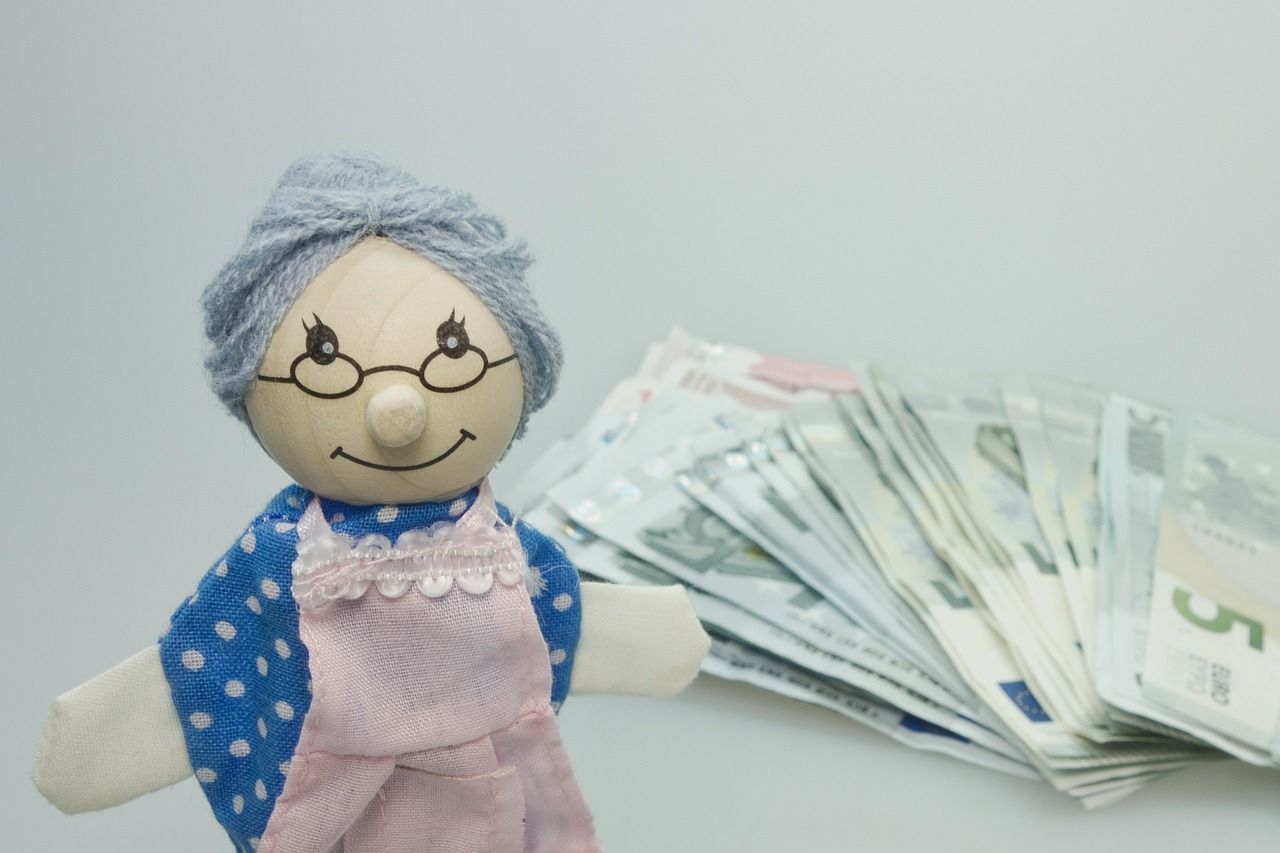- Revenue Cycle Management
- COVID-19
- Reimbursement
- Diabetes Awareness Month
- Risk Management
- Patient Retention
- Staffing
- Medical Economics® 100th Anniversary
- Coding and documentation
- Business of Endocrinology
- Telehealth
- Physicians Financial News
- Cybersecurity
- Cardiovascular Clinical Consult
- Locum Tenens, brought to you by LocumLife®
- Weight Management
- Business of Women's Health
- Practice Efficiency
- Finance and Wealth
- EHRs
- Remote Patient Monitoring
- Sponsored Webinars
- Medical Technology
- Billing and collections
- Acute Pain Management
- Exclusive Content
- Value-based Care
- Business of Pediatrics
- Concierge Medicine 2.0 by Castle Connolly Private Health Partners
- Practice Growth
- Concierge Medicine
- Business of Cardiology
- Implementing the Topcon Ocular Telehealth Platform
- Malpractice
- Influenza
- Sexual Health
- Chronic Conditions
- Technology
- Legal and Policy
- Money
- Opinion
- Vaccines
- Practice Management
- Patient Relations
- Careers
Chinese Grandma vs. American Grandma, Which One Are You?
Here's a classic social psychology question - Chinese Grandma vs. American Grandma, Which One Are You?

This post was inspired by a conversation with my fellow resident money blogger Dr Wisemoney regarding student loan repayment.
Let me start with a classic social psychology question from my home country of China: Two grandmas, both buying a house.
1. The Chinese grandma works hard her entire life, saving every penny, never spends any money outside what's absolutely necessary, buys a house with cash at age 80, lives in it for 5 years and passes away at age 85.
2. The American grandma takes out a mortgage at age 35, makes regular payments on it, takes her children and grandchildren to Disney World, etc. Finally pays off her house at age 80 and then passes away at age 85.
The question is: which grandma are you?
While this may have been proposed as a Chinese vs. American question, I believe there are plenty of Americans who think like the Chinese grandma. The core of the question is how important "debt-free" is to you. To many, the mental clarity of not owing anything is paramount. And then there are others who don't mind taking out payday loans on a regular basis and living in a perpetual state of indebtedness. I like to think that most of us tend to live somewhere in between.
My original discussion with Dr. Wisemoney involved student loan repayment following my previous net worth update post. The question was why go for Public Service Loan Forgiveness (PSLF) on Income-based repayment (IBR) if I had such a low level of student debt (relatively speaking compared to other medical graduates)? Why not just pay it off as quickly as possible and save on the interest?
The short answer is that after spending nearly half of my life in the United States, I'm more American grandma than Chinese grandma. The long answer is that if I switch to a standard repayment plan with the goal of paying my student debt of as soon as possible, my monthly payment would increase by roughly 4x. To me, instead of losing that capital up front, why not invest the difference and make 8-10% annually or maybe even take the occasional Vegas vacation?
Surely there is a good reason why Apple went out and borrowed another $5 billion while sitting on over $178 billion in cash. My plan will undoubtedly result in more total interest paid over the lifetime of the loan, but I no longer value the concept of "debt-free" as highly as I did before. Call it whitewashing, call it bananafication, call it what you will, but that's my American story and I'm sticking to it.
So, which grandma are you? Head over to Future Proof, MD and let me know in the comments!
Future Proof, MD is a resident physician and personal finance enthusiast who enjoys serving up digestible money tips with a focus on topics relevant to young medical professionals.
